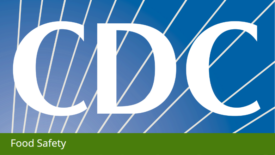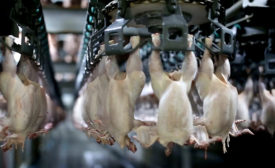Best Practices
Food Safety and Employee Safety: Two Sides of the Same Coin
The demand for accountability around food safety should be the same for employee safety
February 22, 2022
Improving the Safety of Meal Kits: A Holistic Approach
Popularity of meal kits necessitates heightened food safety vigilance
October 18, 2021
Faster, Cheaper Sequencing Transforms Microbial Food Safety Testing
Transformational insights in microbial surveillance technology
October 18, 2021
Never miss the latest news and trends driving the food safety industry
eNewsletter | Website | eMagazine
JOIN TODAY!Copyright ©2025. All Rights Reserved BNP Media.
Design, CMS, Hosting & Web Development :: ePublishing













.png?1634598143)